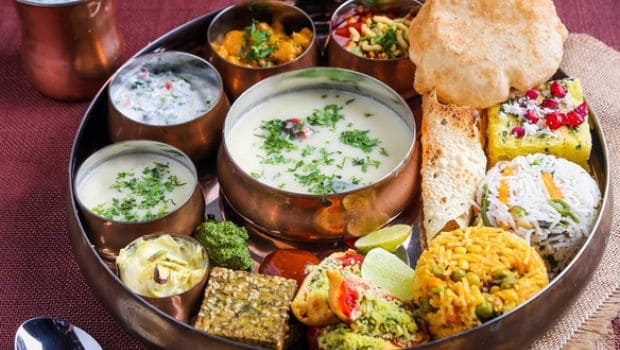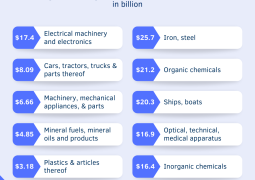To eat meat or not to eat? This a main question to fight a climate change, believe some. Indian food leads the climate change battle with its meatless diet

By Anirudh Bhattacharyya
04/02/2019
We may well be headed towards a phase of militancy where there is a radical espousal of meatlessness. Protests outside restaurants are already common, though not of the sort of violent vigilantism that’s been witnessed in India in recent years. Researchers are already making the connection between meat eating and climate change
The traditional Indian thali now seems to have pride of place on the global table. At least, that’s what recent research and trends, particularly in the West, indicate.
As virtuous veganism becomes a value in places like North America, the organic aisles of supermarkets are now cluttered with brands with names like Prana or Guru. Studies and policy in recent times is driving this hunger for change. For instance, a recent study published in the journal Lancet called for cutting consumption of meat and sugar by half by 2050. Its findings gave rise to headlines like, Lentils with a side of rice: The save-the-world diet?
As many pointed out, the humble daal-chawal has been a staple of Indian meals for centuries. Canada’s updated Food Guide for 2019 also considers the daal the real deal, as well as dahi, the yoghurt that has also accompanied countless repasts in India.
While turmeric emerged as a superfood during this millennium, even other constants such as ghee, derided for decades as unhealthy, has turned a favourite, available in flavours like Maple Chai or Himalayan Pink Salt, not to mention spreads like chocolate ghee.
If there’s a push towards adoption of this regimen, that may turn into a shove soon enough. As climate change science becomes more imbued into global culture, and warns of a looming, if not already present, crisis, the old Meat is Murder paradigm is making a comeback, with a vengeance. The connection is obvious, with evidence that the process of meat production in its entirety, could contribute to nearly 20 per cent of global warming. Expect temperatures to rise over how to combat this portion of the challenge.
So, we may well be headed towards a phase of militancy where there is a radical espousal of meatlessness. Protests outside restaurants are already common, though not of the sort of violent vigilantism that’s been witnessed in India in recent years. Researchers are already making the connection between meat eating and climate change. Among the authors of the Lancet study, in fact, was the director of the Potsdam Institute for Climate Change Impact Research.
Therefore, for non-vegetarians like me, the meals that we have taken for granted could soon enough morph into a guilty pleasure, as conscientious objectors will certainly turn more strident in trying to ruin our appetites.
Ironically enough, these attitudes will filter back into India, a country where food customs have been ecologically okay, given the absence of intensive ranching and industrial-scale cattle ranches. That may even partly be a positive as urban India increasingly gives in to imported junk, as chains push stuff like Diwali donuts and paneer pizzas.
Most experts in dietary habits will point out that eating anything in moderation ought not to be a concern. But in these times of schism, moderation is unlikely to be the manner in which this cultural shift is shoved upon us.
A food fight is coming, and we need to be prepared for it.
Anirudh Bhattacharyya is a Toronto-based commentator on American affairs
- Previous Is a new political oppositions bloc forming in India: Mamata Banerjee vows to ‘save’ Constitution, Rajnath Singh cautions against its ‘breakdown’
- Next Indian state bans women bar dancers: Why the Supreme Court ruling on bar dancers is unsatisfactory















